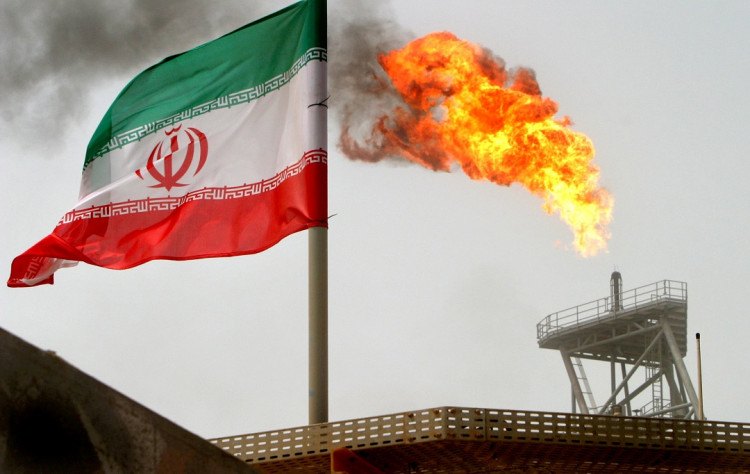After imposing sanctions on oil imports from Iran and a May 1 deadline for buyers, the US has now announced that it will not be granting any exemptions moving forward. The country's administration had warned buyers that they will be facing serious sanctions if they will continue to purchase oil from Iran. The move had sent crude oil prices to record levels after fears of a massive supply drop in the coming months.
Earlier in the week, Trump's administration announced that the deadlines to the exemptions it had granted last year will still be in effect and those that will not comply will be facing the consequences. The White House has shown that it is still intending to completely starve Iran of its oil revenues, estimated to be somewhere around US$50 billion per year.
According to US Secretary of State Mike Pompeo, the country will not grant any type of grace period for buyers, who will have to comply with the May 1 deadline.
Pompeo mentioned that they are intent on having Iranian oil imports become "zero across the board" if it will not comply with the country's demands. The United States is currently pressuring Iran to diminish its nuclear program, stop its ballistic missiles tests, and end its support in the conflict between Yemen and Syria.
Despite sanctions and the end of any waivers, Iran remains defiant and is unwilling to meet the United States' demands. The country's Revolutionary Guards, a branch of Iran's Armed Forces, had even threatened to close the Strait of Hormuz.
The strait is a major shipping channel for oil being transported from the Gulf. Following the US' move to impose sanctions on Iran's imports, the country's oil exports have significantly dropped from 2.5 million barrels per day to 1 million barrels per day.
To offset the lack of supply following the sanctions, the White House had revealed that it was already in talks with Saudi Arabia and other oil producing countries in the Middle East to increase their oil production. However, industry analysts are skeptical about the move as the Iranian sanctions and the ongoing sanctions on Venezuelan oil may lead to a massive oil crunch that could spike prices even further.
Trump's administration has mentioned that they are confident that the UAE and other Middle Eastern countries will fulfill their pledges to compensate for the shortfall. US Assistant Secretary of State for Energy Resources Frank Fannon had even mentioned that Saudi Arabia is already taking steps to increase its production to meet global supplies. Brent Crude hit its highest point since November of last year at US$74 per barrel on Monday. Meanwhile, US prices hit peaks of around US$65.92 per barrel, the highest price point since October of last year.






